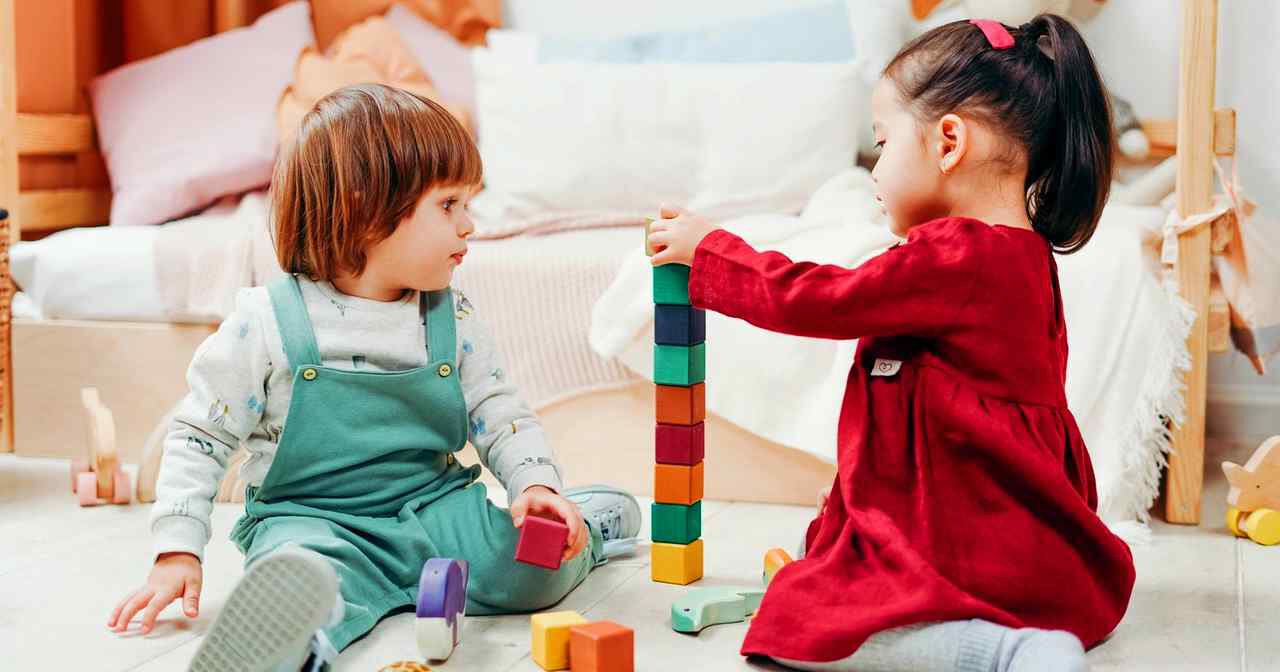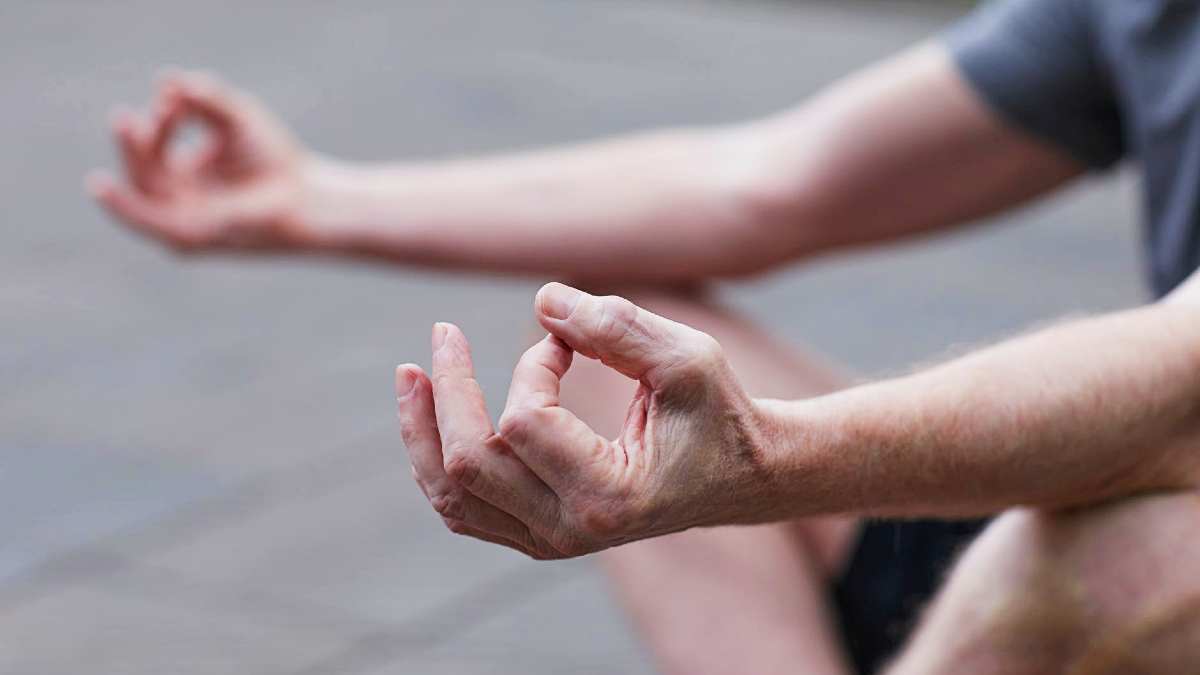How ChatGPT is sneaking its favorite words (like “delve” and “bolster”) into our everyday conversations
Researchers at the Max Planck Institute found ChatGPT’s preferred vocabulary, termed “GPT words,” influences everyday language, increasing usage in both academic and casual conversations.

New study finds no excess mutations in children of Chernobyl survivors
September 22, 2021
New study published today in Science shows that children born to parents exposed to radiation after the Chernobyl accident are not more likely to have genetic mutations compared to the general population.

Benefits of Kirtan Kriya Meditation
September 12, 2021
Includes increased energy, reduced anxiety, improved sleep quality, and enhanced self-esteem.

The key qualities and traits of a good citizen
September 8, 2021
Informed, Engaged, Helpful, Grateful, Educated, Responsible, Selfless, Proactive

This instant water purification technology is “millions of times” better, new study claims
September 1, 2021
The instant water purification technology is indeed more effective than traditional methods. It can purify a large quantity of water within seconds, ensuring clean and safe access.

New study links some forms of spiritual training to narcissism and “spiritual superiority”
August 25, 2021
Findings suggest practices like energy healing and aura reading might actually make individuals feel “more successful, more respected or more loved.”

Wearable energy harvesting from your fingertips: 300 millijoules while you sleep
August 13, 2021
A new wearable device developed by engineers at the University of California San Diego that can harvest energy from human sweat and touch to power small devices and sensors efficiently and continuously, without the need for physical exercise.

This new study finds that 68% of romantic couples started out as friends
August 12, 2021
A new study reveals that most romantic relationships began as friendships, challenging previous research focusing on strangers initiating romance.

Nomophobia statistics: the fear of not having your phone now affects 89% of college students
August 4, 2021
89% of college students now have moderate or severe nomophobia, an increase from 77% in 2012, with symptoms like anxiety, poor sleep, and panic without phone access.

